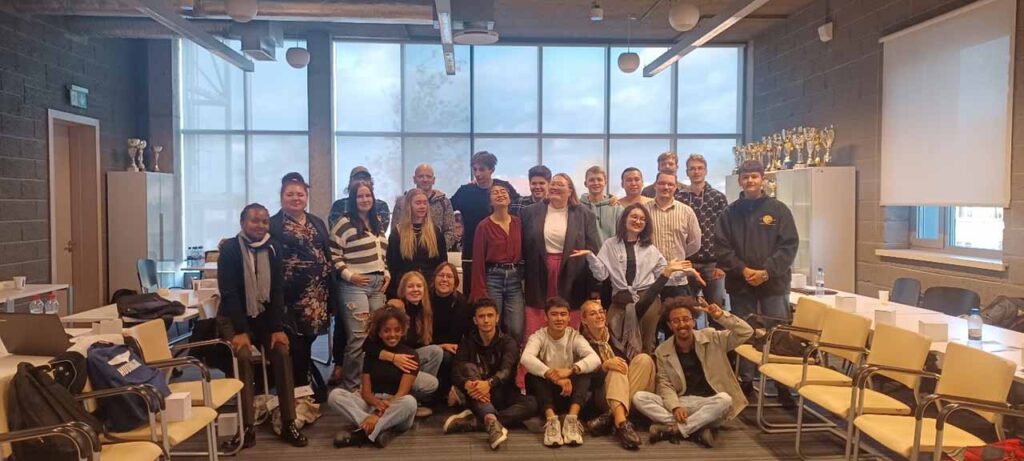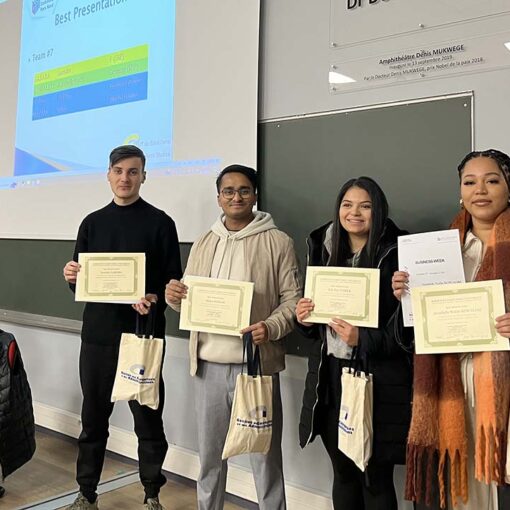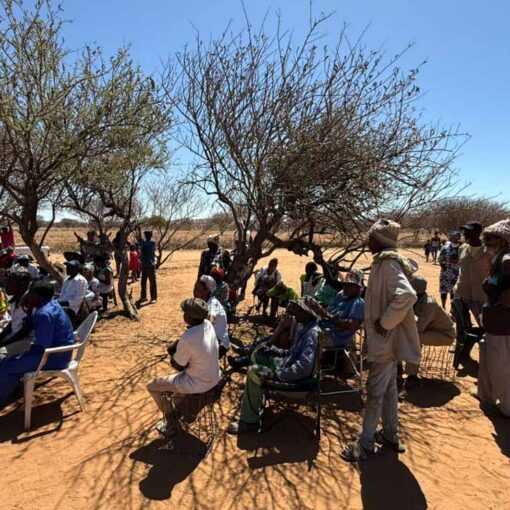LAB University of Applied Sciences students participated in an intensive week in Rezekne, a town in eastern Latvia. Visiting Rezekne Academy of Technology was a heartwarming experience: the hospitality of university people, the sound and smell of coffee machines and local cookies, a city tour in a rainy town, and cozy, authentic restaurants in the evenings are something to remember.
Place inspiring learning
However, at the same time, Rezekne and eastern Latvia are economically one of the poorest areas in Europe. Since social entrepreneurship is seen as a tool to address social issues in creative ways (Nicholls 2008), entrepreneurship – and social entrepreneurship – can be important tools in these areas in improving economic and social welfare in the region. As a learning environment Rezekne was unique and perhaps opened thinking for the regional context of enterprises and societal challenges, we are all facing, as well.
The intensive week was organized by the Erasmus+ project Developing Social Entrepreneurial Skills in Higher Education. The participants came from five European higher education institutions, Kaunas University of Applied Sciences, Rezekne Academy of Technology, LAB University of Applied Sciences, University of Nicosia, and Thomas More University of Applied Sciences.
The program of the week
The intensive week started with getting to know each other and continued with introductory lectures and discussions on societal challenges, social enterprises, and how they can combine social missions and economic activities. One of the interactive sessions focused on communication and pitching. Then, a local entrepreneur with a social mission presented her business and her products. The international groups started developing ideas on how to develop products, services, social missions, and the whole business model.
On the last day, groups presented their creative outputs. An entrepreneur commented on each presentation, and finally, she chose the most relevant presentation in her opinion.

What did the course give to learners?
Hopefully, students received much more than just 3 ESTCs from the course. The feedback so far was favorable. Students met new people abroad, made new friends, shared new ideas, and gained some new knowledge, too. Moreover, students drew new connections among ideas and co-created new ideas themselves. And late on Friday evening, when we arrived in Helsinki, and we were tired of the adventure, some of the students were still discussing social enterprises – so one could say that this course made what it was supposed to create: new perspectives to explore, develop and solve problems.
Heidi Myyryläinen works as a RDI Specialist at Business Unit at LAB University of Applied Sciences.
Anna Pajari works as a Senior Lecturer at Business Unit at LAB University of Applied Sciences.

References
LAB. 2022. SEinHE – Developing Social Entrepreneurial Skills in Higher Education. Project. Cited 13 Oct 2022. Available at https://lab.fi/en/project/seinhe-developing-social-entrepreneurial-skills-higher-education
Nicholls, A. 2008. Social entrepreneurship: New models of sustainable social change. Oxford: Oxford University
Press.




